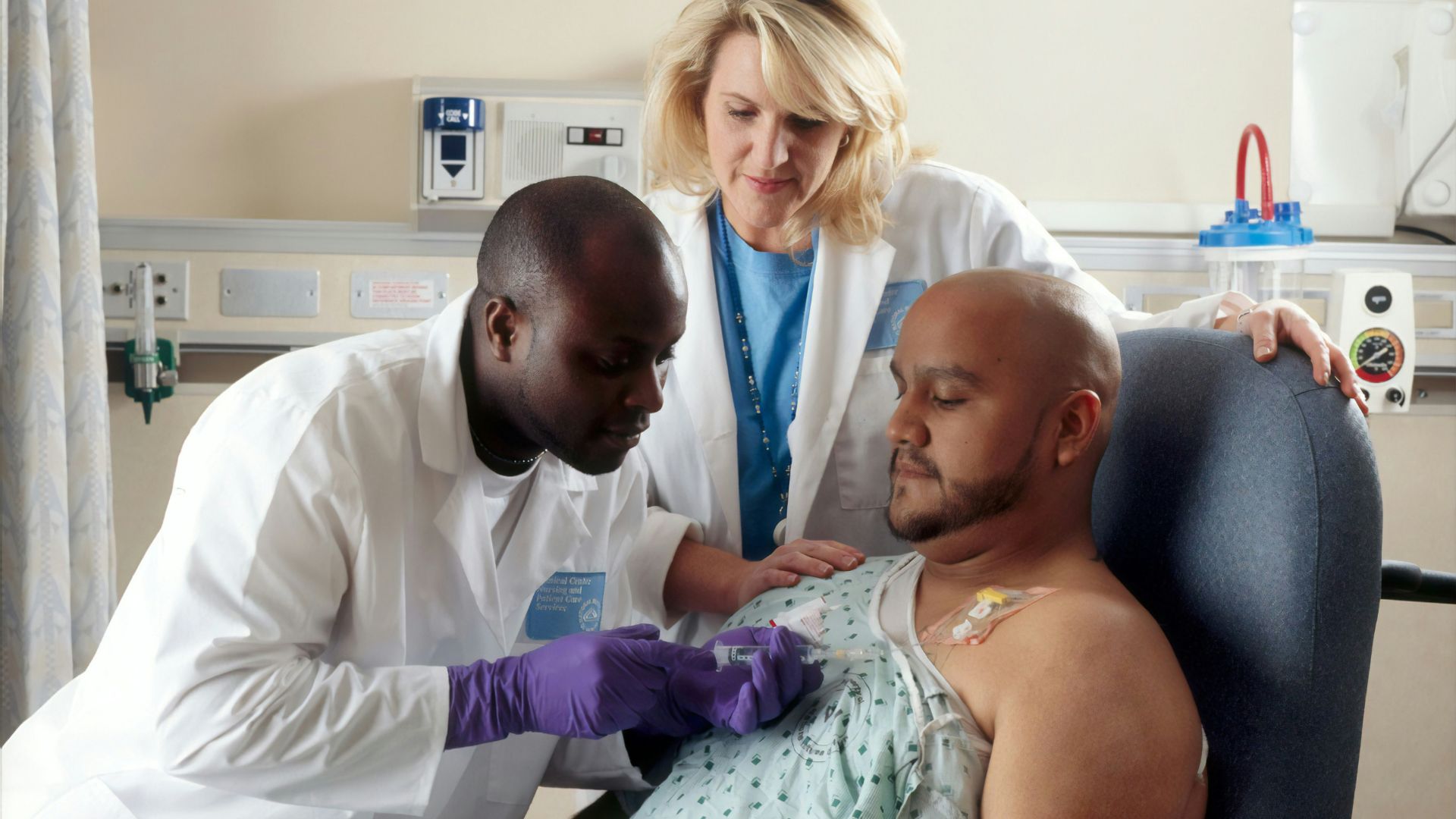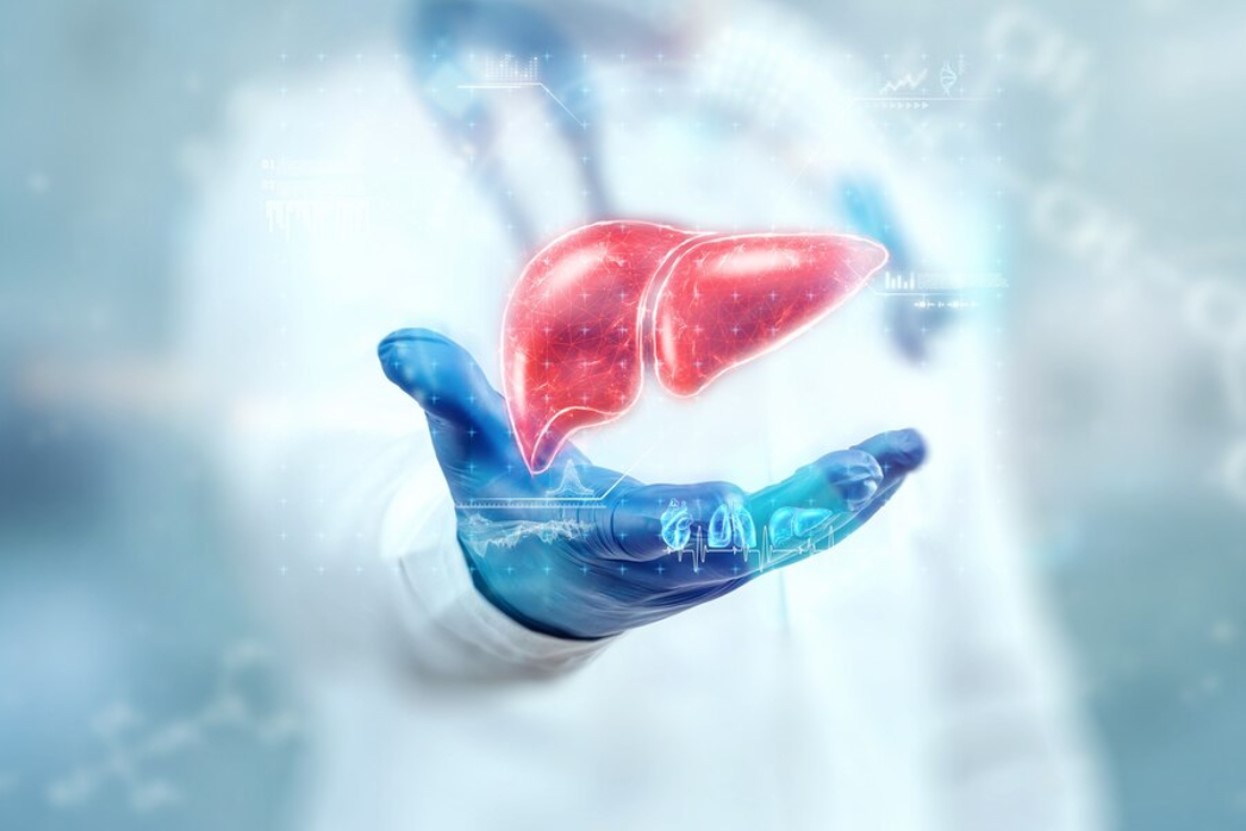A study published in Lancet Public Health reveals a worrying trend: Generation X and millennials are experiencing higher cancer rates compared to previous generations.
The American Cancer Society (ACS) analyzed data from over 23 million patients and found that cancer incidence is rising among younger people, including breast, pancreatic, and gastric cancers.
Study Highlights

The study, which spans from January 1, 2000, to December 31, 2019, shows an alarming increase in cancer rates for 17 of the 34 most common cancers.
For some cancers, like pancreatic and kidney, the rates are two to three times higher in individuals born in 1990 compared to those born in 1955. This trend indicates a generational shift in cancer risk.
Generational Cancer Risks

The ACS researchers discovered that for eight cancers, incidence rates have risen steadily with each successive birth cohort since 1920.
Additionally, nine cancers saw a rise in younger generations after initial declines in older cohorts. This suggests that newer generations are facing increased cancer risks earlier in life than previous generations.
Impact of Social and Environmental Factors

Lead author Hyuna Sung noted that birth cohorts share unique social, economic, political, and climate environments, which affect their exposure to cancer risk factors during crucial developmental years.
Identifying and addressing these underlying risk factors is important for curbing the rising cancer rates in Gen X and millennials.
Breast, Pancreatic, and Gastric Cancers

Breast, pancreatic, and gastric cancers are among those with increasing rates in younger generations.
The study emphasizes that these cancers in particular are being diagnosed at higher rates and younger ages than seen in previous generations, posing a significant public health challenge.
Mortality Rates on the Rise

The study also found that mortality rates for several cancers, including liver cancer in females and colorectal cancer, are increasing in younger cohorts.
This rise in death rates highlights the severity of the issue and the need for effective prevention and intervention strategies.
Obesity-Linked Cancers

Previous research has linked six of the cancers studied to obesity, suggesting that lifestyle and environmental factors play a significant role.
Addressing obesity and other related factors is essential in reducing cancer incidence in younger generations.
Pancreatic, Kidney, and Small Intestinal Cancers

For cancers like pancreatic, kidney, and small intestinal, the 1990 birth cohort has rates two to three times higher than the 1955 cohort.
This increase shows the importance of understanding and mitigating the specific risk factors contributing to these trends.
Increased Risk for Women

The study found notable increases in cancer rates for women, particularly for liver and uterine corpus cancers.
The 1990 birth cohort shows a 169% higher incidence rate for uterine corpus cancer compared to the cohort with the lowest rate, highlighting the gender-specific impact of these rising cancer trends.
Expert Warnings

Senior author Ahmedin Jemal warns that rising cancer rates among younger people indicate generational shifts in cancer risk.
Without effective interventions, these trends could reverse decades of progress in cancer prevention and treatment, leading to a higher overall cancer burden in the future.
Future Cancer Burden

The study suggests that as younger generations age, they will carry their increased cancer risk with them.
This could result in a significant rise in cancer cases and deaths, making it massively important to develop and implement population-level interventions now to prevent future health crises.
Call to Action

To combat the rising cancer rates, researchers emphasize the need for targeted prevention strategies that address the unique risk factors of Gen X and millennials.
Early detection, lifestyle modifications, and public health initiatives are essential to reduce the cancer burden and protect future generations.








































